Amir-Abdollahian says path of talks on JCPOA revival ‘still open’ as US hints at diplomacy
Iranian Foreign Minister Hossein Amir-Abdollahian says the path of negotiations to revive the 2015 Iran nuclear agreement is still “open” as Washington underscores diplomacy as the “most effective” way to resolve disputes.
Amir-Abdollahian made the remarks in a meeting with the Iranian Parliament's national security and foreign policy commission on Tuesday while discussing the latest developments in the country's foreign affairs, the official news agency IRNA reported.
“The path of negotiations is still open and messages are exchanged through intermediaries,” the top Iranian diplomat said.
“Recently, Omani authorities have repeatedly expressed their willingness to act as a mediator between Iran and the United States to conclude the nuclear negotiations,” he added.
In this regard, the king of Oman has announced that he seeks to travel to Iran with good news in the near future following the exchange of messages between the Iranian and American officials through his country, he added.
He said that another issue pertaining to monetary and banking issues between Tehran and Washington is the intervention of the Qatar Central Bank into the dispute between the two sides and playing the role of a mediator in this field. In the same framework, indirect negotiations are underway between the US Treasury and the Central Bank of Iran through the Qatar Central Bank.
Pointing to the exchange of prisoners, Amir-Abdollahian said, Iran addresses the issue from a humanitarian perspective, adding that mediators from the countries of the region are active in this regard.
“We are ready to pursue the issue if the demands of the Islamic Republic of Iran are met and the Iranian prisoners can return to the country,” he said.
Blinken: Diplomacy ‘most effective’ way to resolve disputes
Also on Tuesday, US Secretary of State Antony Blinken described diplomacy as the “most effective” way to break the deadlock surrounding the talks on the revival of the JCPOA, while blaming Iran for the impasse.
“We continue to believe that, with regard to the nuclear program, the most effective, sustainable way to deal with the challenge it poses is through diplomacy. But in this moment, those efforts are on the back burner because Iran is simply not engaged in a meaningful way,” Blinken said. “A lot depends on what Iran says and does and whether or not it engages.”
The US secretary of state, who was visiting Athens, also said Washington was committed, together with Israel, to ensuring that Tehran will “never acquire a nuclear weapon.”
Iran showed to the world the peaceful nature of its nuclear program by signing the JCPOA with six world powers— namely the US, Germany, France, Britain, Russia and China — in 2015. But, Washington’s unilateral withdrawal in May 2018 and its subsequent re-imposition of sanctions against Tehran left the future of the deal in limbo.
Negotiations between the parties to the deal kicked off in Vienna in April 2021, with the intention of bringing the US back into the deal and putting an end to its “maximum pressure” campaign against Iran.
Tehran, whose strict adherence to the nuclear deal had been certified several times by the International Atomic Energy Agency (IAEA), maintains that it is necessary for the US to offer guarantees that it will not withdraw or violate the accord again.
The discussions, however, have been at a standstill since August 2022 due to Washington’s insistence on not lifting all of the sanctions slapped on Tehran by the previous US administration and offering the necessary guarantees.
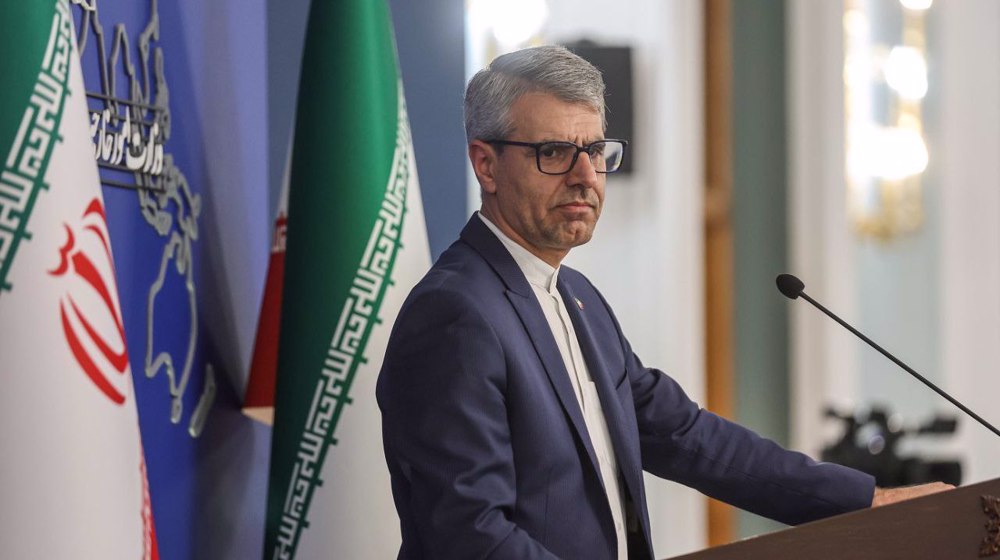
Iran slams new US, UK aggression on Yemen
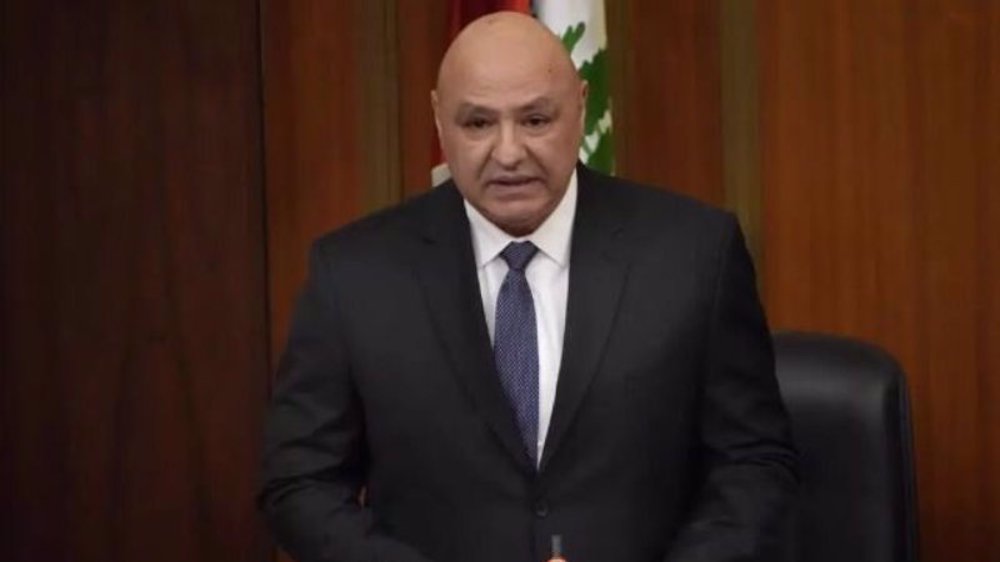
Iran congratulates 'brotherly' Lebanon on election of new president
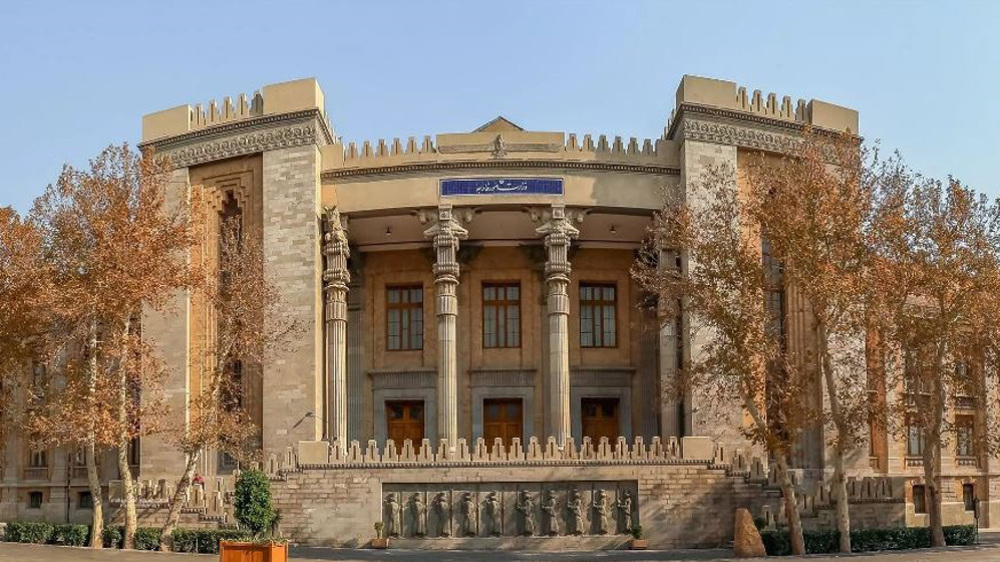
Iran protests to France over French city’s insulting poster
Jan. 9: ‘Axis of Resistance’ operations against Israeli occupation
VIDEO | Press TV's news headlines
Gaza death toll 40% higher than recorded, Lancet study estimates
VIDEO | Lebanon elects new president
Scores killed as US, Turkish proxies clash in northern Syria
At least 5 dead as wildfires devour districts across Los Angeles
VIDEO | Press TV's news headlines
Houthi: Israel incapable of downing Yemen’s hypersonic missiles


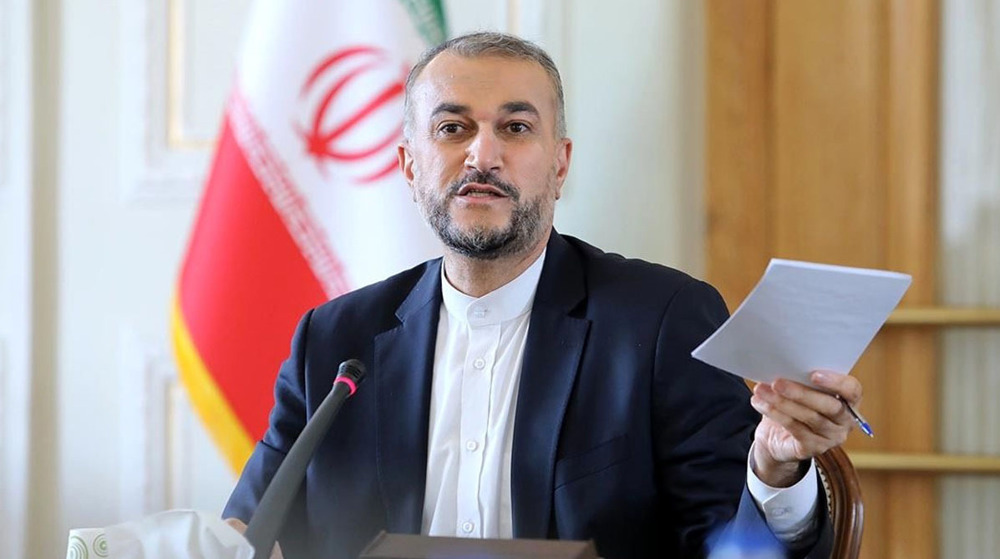
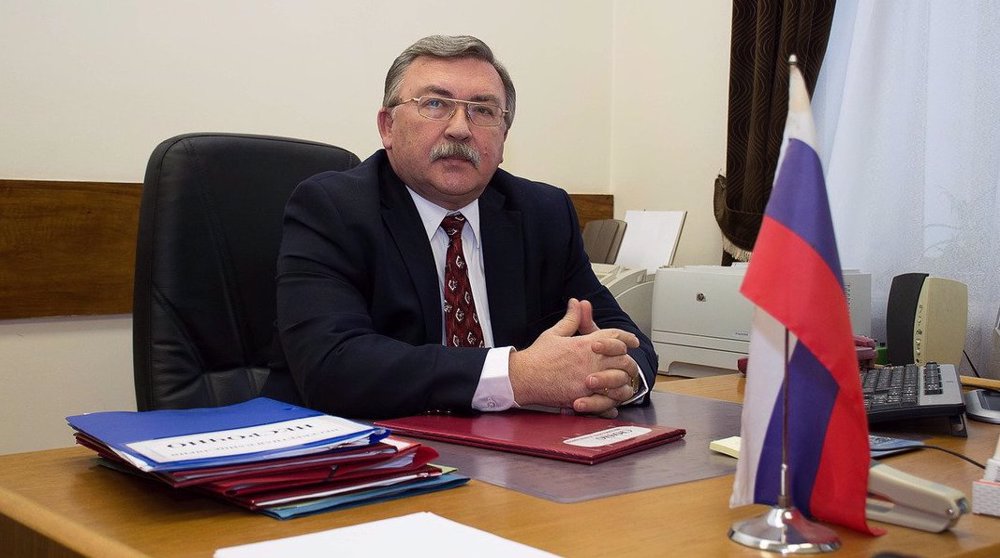




 This makes it easy to access the Press TV website
This makes it easy to access the Press TV website